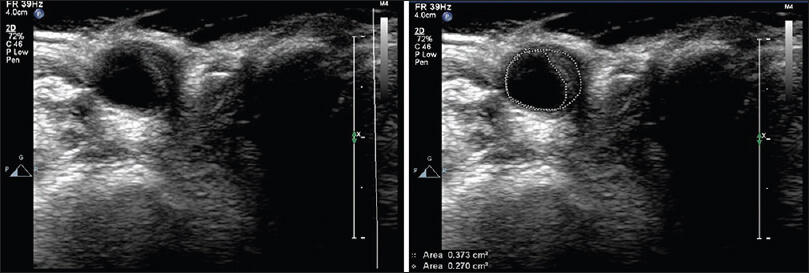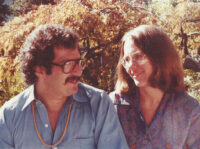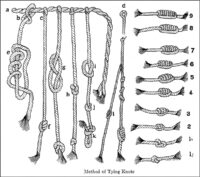For reasons not entirely clear to me, I build up gunk on the walls of my blood vessels. My coronary arteries have needed cleaning and repair, and I’ve just been told that my right carotid artery is building up gunk and needs additional examination.
“You’re a vasculopath,” my physician declared during a recent appointment. “Is that better or worse than being a sociopath?” I replied. We both laughed and moved on to discussing my lungs. Pathology means illness, and in my case being a vasculopath means I have blood vessel illness. I’m not alone, of course, many people have clogged arteries, but I do wonder why, of the all the ailments out there, it’s my heart and blood vessels that pose my greatest problem?
I’m always looking for health metaphors, which is to say what is my body trying to tell me? I believe we embody our varied experiences of world, that stress, trauma, pleasure and joy not only have emotional components but physical counterparts as well. Our bodies can’t use words, after all, and must resort to other means of communication. Pain, dizziness, fatigue, shortness of breath, hearing loss, numbness; what ails us physically also correspond to psychological and emotional states.
The science of epigenetics confirms this supposition. Our emotional and physical experiences play a role in activating and inactivating genetic expression, which is to say how we feel affects being and development. The effects of stress experienced by my grandparents as children subject to anti-semitic pogroms in 1890’s Russia have been genetically passed on through my parents to me, and I undoubtedly have passed on some of those effects to my children and grandchildren. Time-spanning Karma, in this sense, is real.
I come from a long line of vasculopathic men. It’s not surprising, then, that my blood vessels are unhealthy; although some of it is genetic (and epigenetically induced) I do bear some responsibility for my own condition, and for mitigating it, if possible. I’m under no illusions that I’ll live forever; nobody gets out of this living situation alive. I do think, however, that working with my mind and feelings can have an impact on the quality of my life and health. Cultivating patience, for example, is one of my pet projects.
By nature, I am a passionate person, and during most of my younger life patience was not my strong suit. Growing up in New York, undoubtedly the world capital of impatience, I learned early on to push hard for what I wanted and cultivated persistence. I also learned to bury disappointment, hurt feelings, and mastered suppressing my emotions. Boys don’t cry, after all, keep a stiff upper lip, and all that. I suspect this contributed to my vasculopathology. All those built-up feelings and emotions had to go somewhere, and my blood vessels appear to be where they went.
Now that I’m nearing seventy-five years old, I have no choice but to deal with my sorry situation as best I can. I’m relying on patience and gratitude, two practices that calm my own suffering and don’t pass it on to others. A sense of humor also helps.
I suppose that had I not become a vasculopath, my built-up suffering and anxiety might have transformed me into something much worse. It happens. Despite my clogged arteries, I count myself lucky; I might have become a first-class sociopath.






Be First to Comment